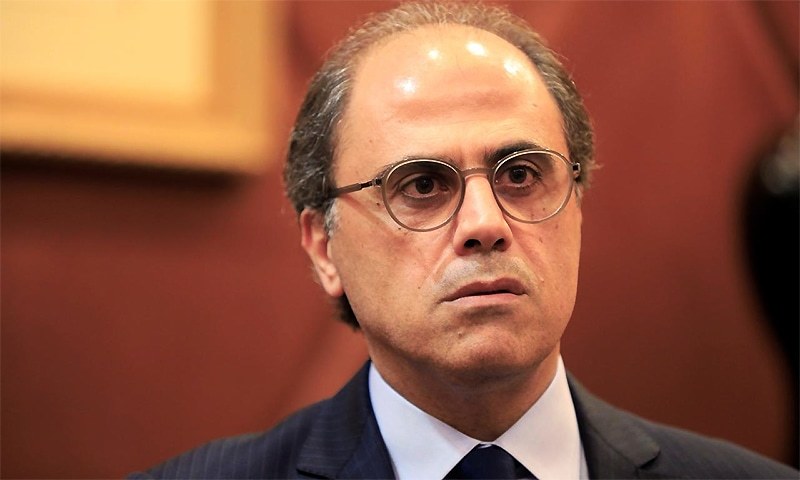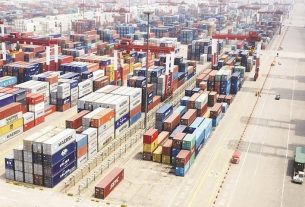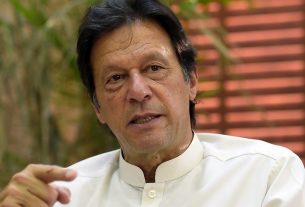WASHINGTON: Pakistan’s economy is projected to slow down significantly and weigh on the region’s aggregate growth rate, says Jihad Azour, director of the Middle East and Central Asia department at the International Monetary Fund.
At a recent talk on the economic outlook for the Middle East, North Africa, Afghanistan, and Pakistan (MENAP) region, Azour argued that global economic headwinds were making policy efforts more urgent and challenging for MENAP.
For oil importers in this region, growth is expected to ease to 3.6 per cent this, from 4.2pc in 2018, in part due to weaker global economic environment.
Azour noted that in many oil-importing countries, rising debt levels were becoming a more urgent challenge for macroeconomic stability and high debt was also limiting fiscal space for critical investments in health, education, infrastructure, and social programmes.
These budget pressures underscored the urgency of lifting medium-term growth with structural reforms such as measures to improve business environment and governance, enhance labour market flexibility, and strengthen market competition, the IMF argued.
In MENAP, “slowing global growth and trade, as well as geopolitical tensions and other potential external shocks, will pose economic challenges,” the director said, adding “These trends heighten the urgency of implementing reforms that bolster economic resilience and secure inclusive growth.”
In a related report, the IMF also sounded alarm on global debt. Noting that global debt had now reached $164 trillion or 225pc of global GDP, the Fund warned that the world’s public and private sectors were more in debt now than at the 2008 financial crisis, when global debt/GDP peaked at 213pc.
While advanced economies were responsible for most global debt, in the last 10 years emerging markets have been responsible for most of the increase with China alone having contributed 43pc to the rise in total global debt since 2007.
The report stressed the need to reduce the burden of debt in both private and public sectors to improve the resilience of global economy and urged countries with high debt to increase revenues or curb excessive spending.
“This is especially relevant where current economic growth exceeds long-run potential growth,” it added, while also stressing the need for governments to maintain investments in education, health, and infrastructure, either by “re-prioritising spending or broadening the tax base.”
Acknowledging that to achieve sustainable growth, these countries will require additional public spending, the report urged them to “pursue smarter and more agile policies to facilitate change.”



